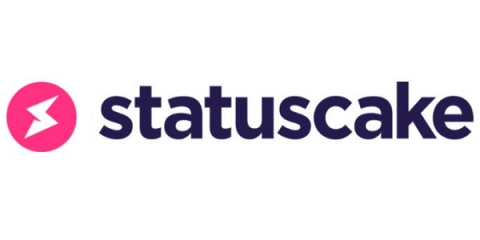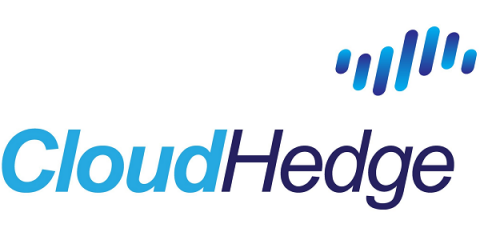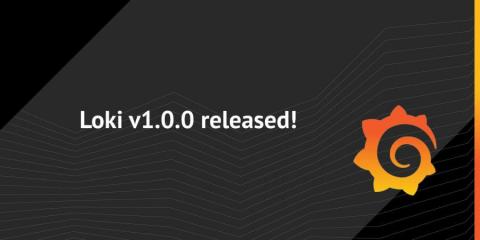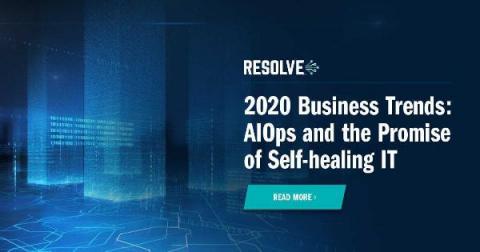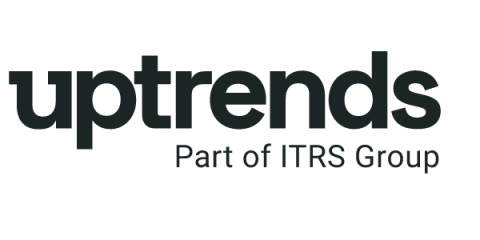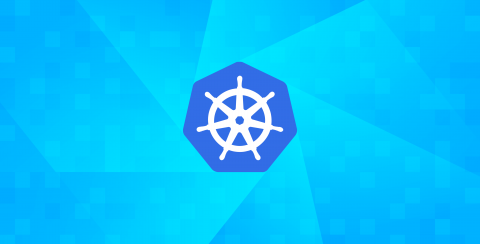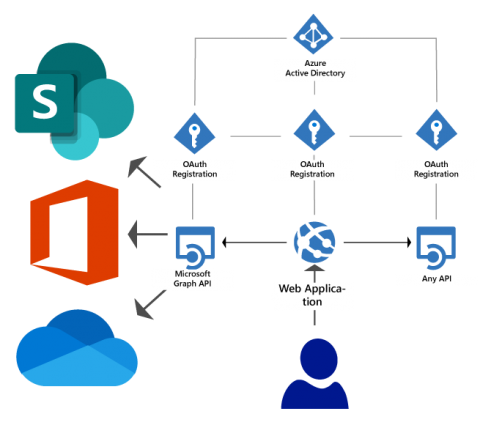How to Reduce Time to First Byte
When it comes to website and search engine optimisation one of the first topics that comes up is page speed. In the case of SEO, for example, we know that Google looks at page speed when determining the ranking of pages in its search engine. There are many means of measuring page speed, but little is known about how Google themselves distinguish a slow loading page from a fast one.


